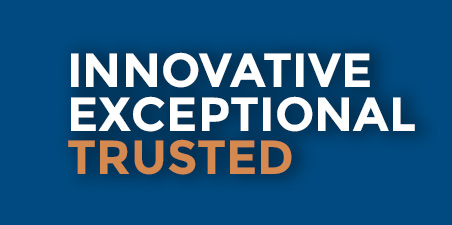Individuals with disabilities in the workforce has garnered some attention in the media in recent weeks with the Federal government, and more specifically, the Department of Justice has paid closer attention to the issue, investigating instances of Americans with Disabilities Act violations on both coasts.
KRA Corporation posted a blog recently about the use of sub-minimum wages (set up in under provisions in the Fair Labor Standards Act), the practice of sheltered workshops and the abuses thereof that have led to Rhode Island scrapping the practice of sheltered workshops.
When talking on the issue of individuals with disabilities in his recent blog, Secretary of Labor Tom Perez stated: “I’m not naïve about the challenges. As far as we’ve come, still only one in five people with disabilities are participating in the labor force at all. That’s not acceptable.”
Yet, there are some reports that could prove disheartening for organizations dedicated to equality for individuals with disabilities. A University of Colorado-produced 2013 State of the States in Developmental Disabilities report determined that for the first time in 10 years, the Federal government is spending less on individuals with developmental disabilities.
And the reported unemployment figures among individuals with disabilities doesn’t hold much better news either with the July figure of 14.7% rising from the June percentage of 14.2%.
There have been some positive developments recently though with the recent markup and advancement of the Workforce Investment Act of 2013 by the Senate Health, Education, Labor and Pensions (HELP) Committee. There is proposed legislation included that would make considerations for sub-minimum wage requirements among disabled individuals.
Even so, it has divided advocates with some factions in the disability community that believe there is still not enough done.
The division is in reference to Section 511 which proposes to restrict placement in subminimum-wage jobs by levying requirements on age and job training services that would ostensibly promote preparation for competitive employment.
According to Developmental Disability news site, Disability Scoop, some disability advocates feel that the “bill does little more than provide a checklist for vocational rehabilitation agencies that could ultimately put more individuals at risk for low-wage employment.”
KRA Corporation remains steadfast that opportunity should be afforded to all those that seek it and that there be fair and equitable access to those interested in becoming productive members of the U.S. workforce.
KRA is committed to advocating for all sectors of the workforce, despite limiting factors and obstacles. Through our on-the-ground practices and helping to devise strategies and programs at a policy level, the KRA team strives to prepare workers for the marketplace by arming them with the skills, whenever possible, to achieve their full potential.


 Dr. Boone’s 20+ years’ experience in the industry is extensive and her expertise in private-, public-, and non-profit sector workforce-services organizations is unparalleled, particularly in the Baltimore–Washington Metropolitan area.
Dr. Boone’s 20+ years’ experience in the industry is extensive and her expertise in private-, public-, and non-profit sector workforce-services organizations is unparalleled, particularly in the Baltimore–Washington Metropolitan area.






















